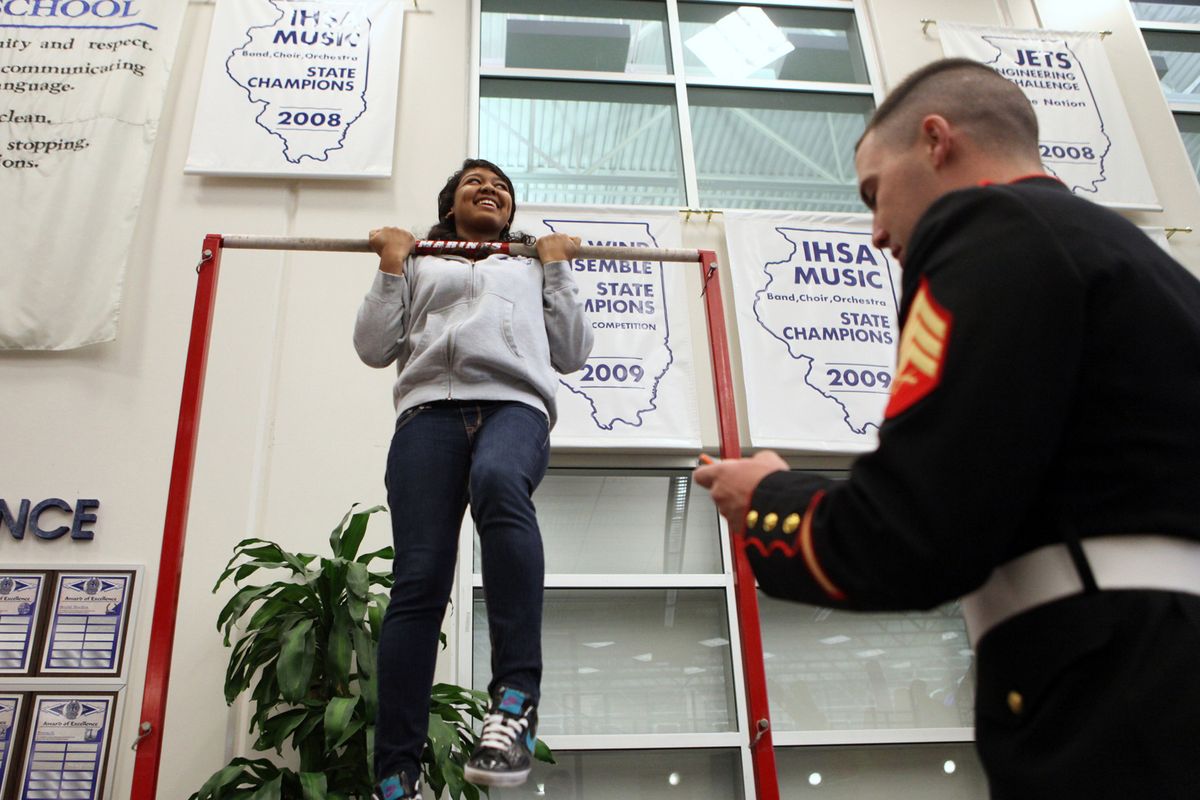Sour job market helps military staffing levels

PHILADELPHIA – Michael Lyons thought he had a career plan: continue working as an equity trader on Wall Street and finish 20 years of service with the Army National Guard.
Then came layoffs. His well-paying civilian job was gone.
So Lyons, 45, of Princeton, N.J., turned to full-time employment in the New Jersey National Guard, where he found job security and benefits.
He is among tens of thousands of men and women who looked at the vagaries of the civilian job market and chose the military.
With the nation’s economy suffering and unemployment hovering near 10 percent, many are remaining in uniform longer than they planned.
The Army, Navy, Air Force and Marines exceeded their retention goals last year and this year despite the wars in Afghanistan and Iraq. The Army met 124 percent of its goal last year, compared with 102 percent in 2001.
“At this stage, I like the safety and security of a military position,” said Lt. Col. Lyons, the New Jersey National Guard’s director of construction and facility management. “There are a lot of unemployed traders out there.”
“I love what I do,” the 25-year veteran said. “It’s rewarding.”
Recruitment also has risen, officials said. The Army met 104 percent of its goal for active-duty service in March, April and May. And it achieved 132 percent of its goal for the Army National Guard in March and April, prompting recruiters to scale back efforts in May to avoid exceeding their required numbers for this year.
Employment opportunities, job security, patriotism and free college tuition are among the chief reasons many have chosen the Army, officials said.
“You can do more in the military than you can do anyplace else,” said Lt. Col. John Sheard, 45, commander of recruiting and retention for the New Jersey Army National Guard. “People are getting in or staying in because of opportunities.
“We have 250 different jobs. There’s not a profession we don’t have,” he said. “We have lawyers, doctors, aviators, electricians, engineers and journalists. Or you could be a helicopter pilot, like me.”
Historically, a 1 percent change in civilian unemployment yields a 0.6 percent increase in Army recruiting, said Douglas Smith, a spokesman for the U.S. Army Recruiting Command at Fort Knox, Ky. “We take no delight in civilian unemployment. It’s not good for the country.”
At the same time, “we know the economy is one element” of the military’s success in filling the ranks, he said. “People know it’s harder to get a civilian job. A number of them have a break in their civilian career.”